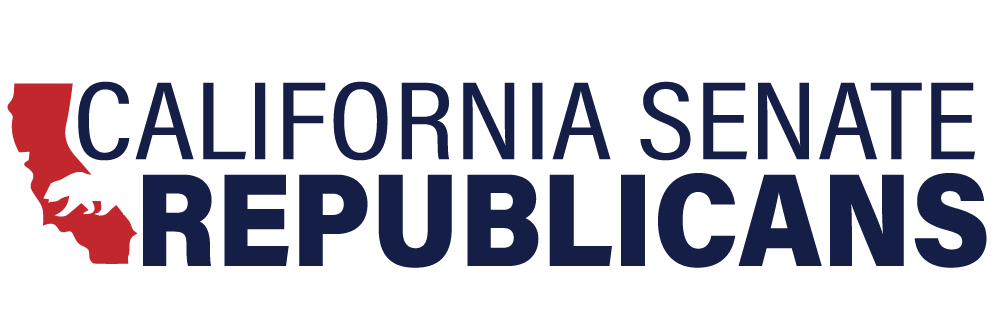MEDIA: Please direct questions to Senate Republican Caucus press secretary, Jacqui Nguyen at (858) 999-7706.
Subcommittee #1 (Education)
Supporting Students with Sustainable Funds. The subcommittee heard an overview of K-12 education proposals, including testimony on the Governor’s school spending plan and the fiscal health of local school districts. Senate Republicans are dedicated to ensuring our students and schools are a priority, especially in light of the deficit that may reach $73 billion. The Governor’s budget proposes a dubious accounting gimmick to address an $8 billion decrease in the K-12 funding guarantee, driven by revenue declines in the 2022-23 fiscal year. The nonpartisan Legislative Analyst’s Office sharply criticized this accounting gimmick, which would unwisely borrow from future revenues and thus worsen future deficits. Senate Republicans are committed to finding ways to address challenges for schools, and hope to reach a solution that keeps schools whole while protecting future investments. No votes were taken at the hearing.
Subcommittee #2 (Resrouces, Environmental Protections, and Energy)
Deficit Calls for the Legislature to Reassess Funding Priorities. The subcommittee discussed the Governor's budget plan, which includes proposed cuts and delays to address the $73 billion problem. Despite the growing deficit, the Governor’s budget would maintain $48 billion of the originally committed $54 billion for climate, resources, and environmental programs. Senator Brian Dahle (R-Bieber), in comments at previous hearings, has noted the stark difference in the current budget compared to previous years, pointing out the fact that California has a deficit despite national economic growth. He attributed part of the problem to aggressive state policies with unrealistic goals, leading to massive spending with little accountability. The Senator has suggested previously that the Legislature reassess spending objectives, prioritize taxpayer concerns, and establish achievable goals, rather than continue to spend on misguided priorities like High-Speed Rail. The subcommittee did not vote at the hearing but will hold further discussions at later hearings.
Subcommittee #3 (Health and Human Services)
Protecting Hospitals. While Democrats seemingly are willing to penalize hospitals into closure, Senate Republicans are working to ensure real access to healthcare by keeping hospital doors open. The subcommittee heard the Office of Health Care Affordability’s plan to impose penalties on hospitals that won’t comply with arbitrary price controls. This comes at a precarious time for hospitals, as many are in a distressed financial position and are also under pressure to implement misguided state seismic retrofitting mandates. These mandates will cost hospitals tens of billions of dollars and may result in more facility closures. Rather than saddle hospitals with more state regulations, Senator Shannon Grove (R-Bakersfield) is leading a bipartisan legislative effort to help hospitals stay open and comply with any necessary safety retrofitting. This also includes the distribution of relief money to small and rural hospitals on the brink of closure. The subcommittee did not vote at the hearing but will hold further discussions at later hearings.
Subcommittee #4 (State Administration and General Government)
The subcommittee did not meet this week.
Subcommittee #5 (Corrections, Public Safety, Judiciary, Labor, and Transportation)
Prison Closure Savings Won’t Bolster State’s Rehabilitation Efforts. During a discussion of prison population trends and recent closures, Senator Kelly Seyarto (R-Murietta) highlighted the irony of the Governor’s proposal to create a “California Model” of effective rehabilitation while failing to make needed repairs or add programming space at neglected prisons throughout the state. “You can’t have humane facilities when it’s raining as hard inside as it is outside,” he said of the many prisons with leaky roofs and long deferred maintenance lists. The Governor’s budget reflects nearly $800 million in annual savings from recent prison closures and two proposed additional closures. Yet nearly every prison in the state needs more programming space, and there are no proposals to add any. Democrats have chosen to spend the closure savings on other programs entirely, leaving no measurable positive impact on the rest of the prison system.The subcommittee did not vote at the hearing but will hold further discussions at later hearings.
